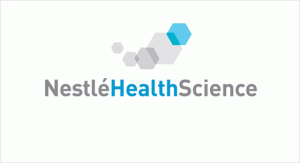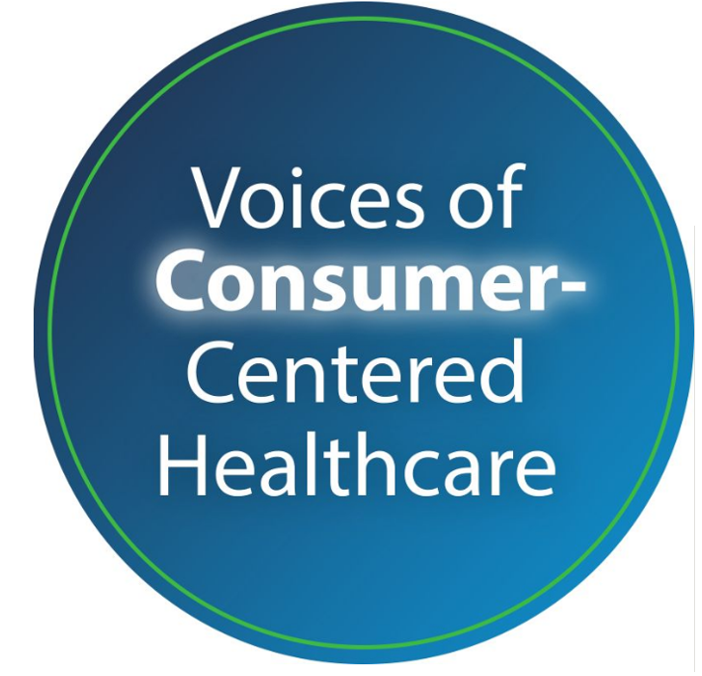 Their website now talks about it being the “Nutrition, Health and Wellness Company.” Most of us still think of it as the biggest food company in the world. It’s spending one-half billion dollars to expand in health. Nestlé, which brings baby food, bottled water, bars of chocolate and breakfast cereal to kitchen tables is now bringing us Health. The new group will be known as Nestlé Health Science. The company’s existing health business is already valued at about $1.6 billion.
Their website now talks about it being the “Nutrition, Health and Wellness Company.” Most of us still think of it as the biggest food company in the world. It’s spending one-half billion dollars to expand in health. Nestlé, which brings baby food, bottled water, bars of chocolate and breakfast cereal to kitchen tables is now bringing us Health. The new group will be known as Nestlé Health Science. The company’s existing health business is already valued at about $1.6 billion.
“The combination of health economics, changing demographics and advances in health science show that our existing health care systems, which focus on treating sick people, are not sustainable and need redesigning,” said Nestlé chairman Peter Brabeck-Letmathe in a press release.
Health Populi’s Hot Points: Mr. Brabeck-Letmathe is onto something when he points to economics, demographics and technology converging as an opportunity to move health care toward health. The current model of health care delivery — both within and outside of the U.S. — is unsustainable. Japan and most of Europe are aging faster than the U.S., a demographic shift that has already begun to challenge national health financing models. And in the U.S., Medicare is the #1 cost driver for the nation’s long-term economic deficit, again, an unsustainable forecast if health care continues to be delivered as it is via today’s fragmented, volume-driven mode.
Instead, Nestlé is betting, citizens must morph into health citizens, taking on more personal responsibility and engagement for their own health and the health of their loved ones.
In Sunday’s New York Times, an article titled Told to Eat Its Vegetables, America Orders Fries talks about efforts to re-imagine vegetables that kids want to eat (featuring baby carrots with the tagline, “Eat ’em like junk food” packaged in colorful, fun bags). NPD Group says there’s “nothing” you can say to persuade people to eat more vegetables. When it comes to food consumption, consumers want taste, convenience and low cost, the market researcher points out.
With that said, what’s the role for Nestlé? How about a memory enhancing Kit Kat bar or Nescafé that fights hypertension? Since they’re in the food business, Nestlé’s looking for the Next Big Thing and health could be that Thing. They’ll be competing with Unilever, Dannon, Pepsico Kraft and other major food manufacturers that have already staked claims in health-y foods.
Look beyond food-on-food competition as this market segment grows. These companies will be competing also with over-the-counter drug companies and traditional pharmaceutical companies’ general pharma businesses, where more drugs are going generic in the coming years.




 Thank you, Jared Johnson, for including me on the list of the
Thank you, Jared Johnson, for including me on the list of the  I am so grateful to Tom Lawry for asking me to pen the foreword for his book, Health Care Nation,
I am so grateful to Tom Lawry for asking me to pen the foreword for his book, Health Care Nation,  Thanks to Feedspot for naming this blog, Health Populi, as a
Thanks to Feedspot for naming this blog, Health Populi, as a